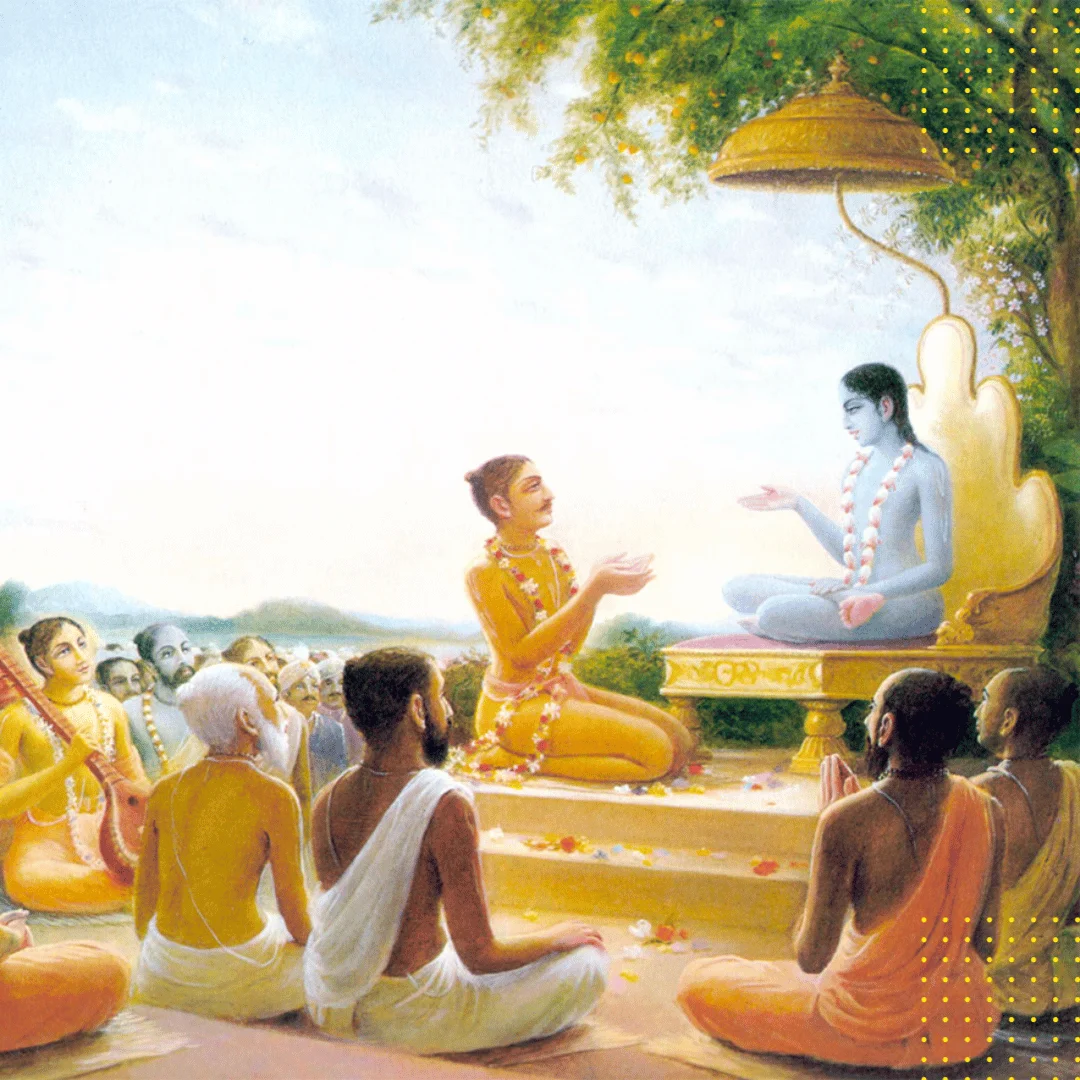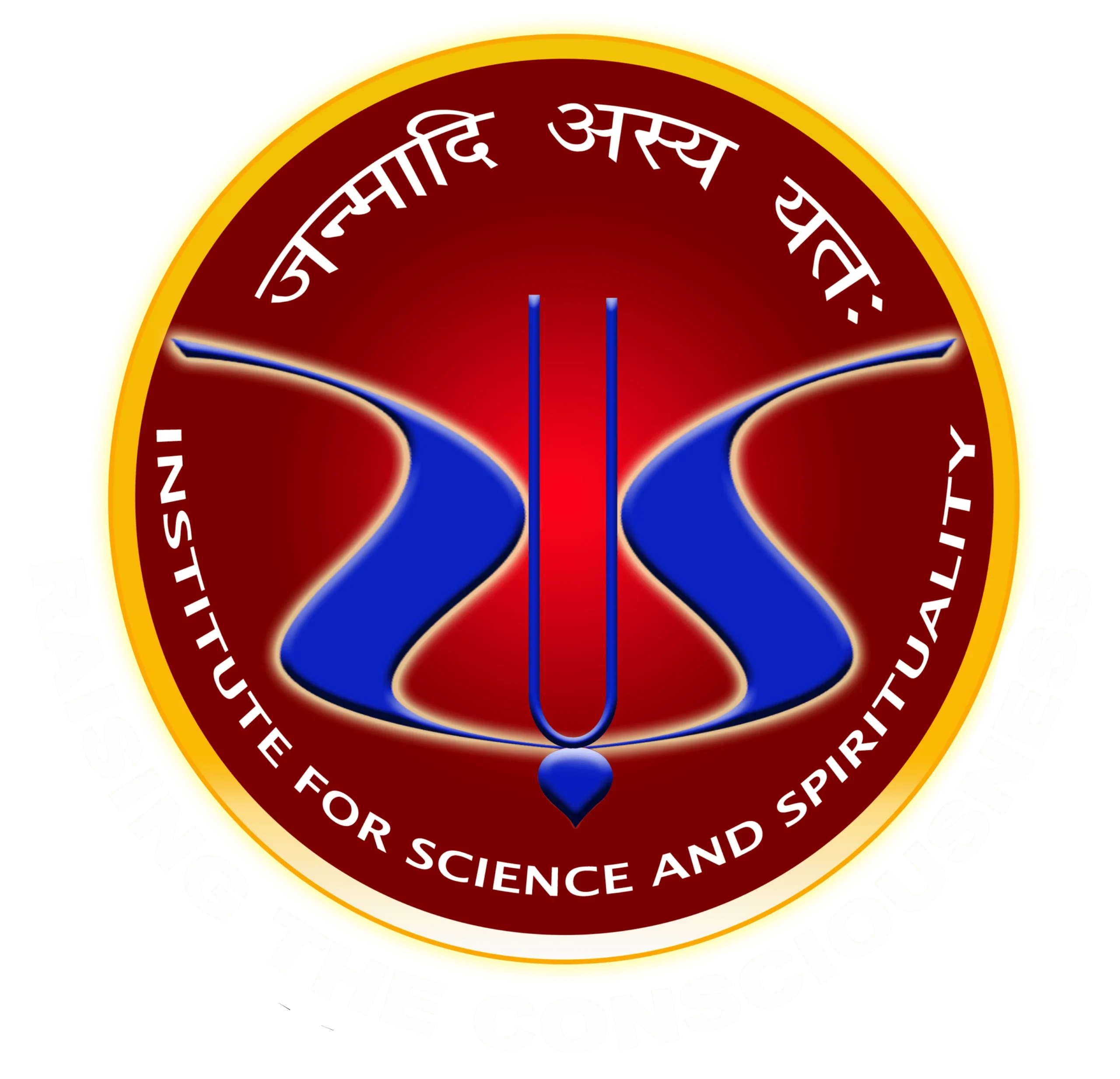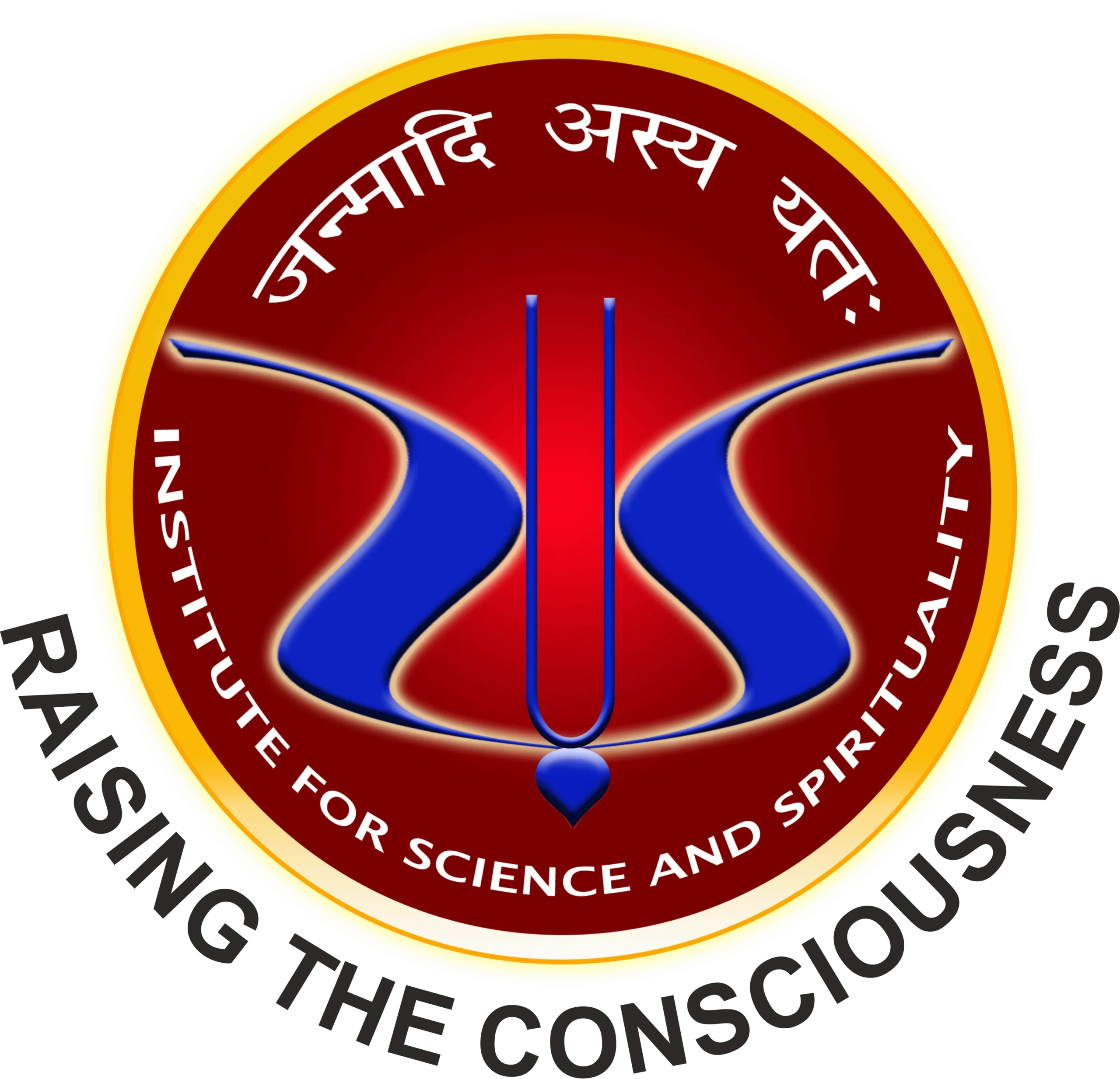Indian Knowledge Systems

Indian Knowledge Systems
The National Education Policy (NEP) of 2020 acknowledges the profound heritage of ancient and enduring Indian knowledge and philosophy as a guiding principle. The Indian Knowledge Systems encompass Jñāna, Vijñāna, and Jīvan Darśan, which have evolved through experience, observation, experimentation, and thorough analysis. This tradition of validation and practical application has significantly influenced various facets of our society, including education, arts, administration, law, justice, health, manufacturing, and commerce. It has also left its mark on classical and other languages of Bharat, transmitted through textual, oral, and artistic traditions. In this context, "Knowledge of India" encompasses wisdom from ancient India, along with its achievements, challenges, and India's future aspirations, particularly in the realms of education, health, environment, and all aspects of life.
On a global context, the traditional knowledge rooted in Indian culture is non-sectarian. The Vedic philosophy and science have consistently captivated leading intellectuals worldwide. Nevertheless, there has been a lack of systematic exploration into the science and technology embedded in our ancient texts. The underlying principle revolves around a consciousness-based paradigm. However, the contemporary physicalist approach to reality falls short in addressing numerous fundamental questions. Thus, we believe that there is a great need of systematic deliberation along this line.

